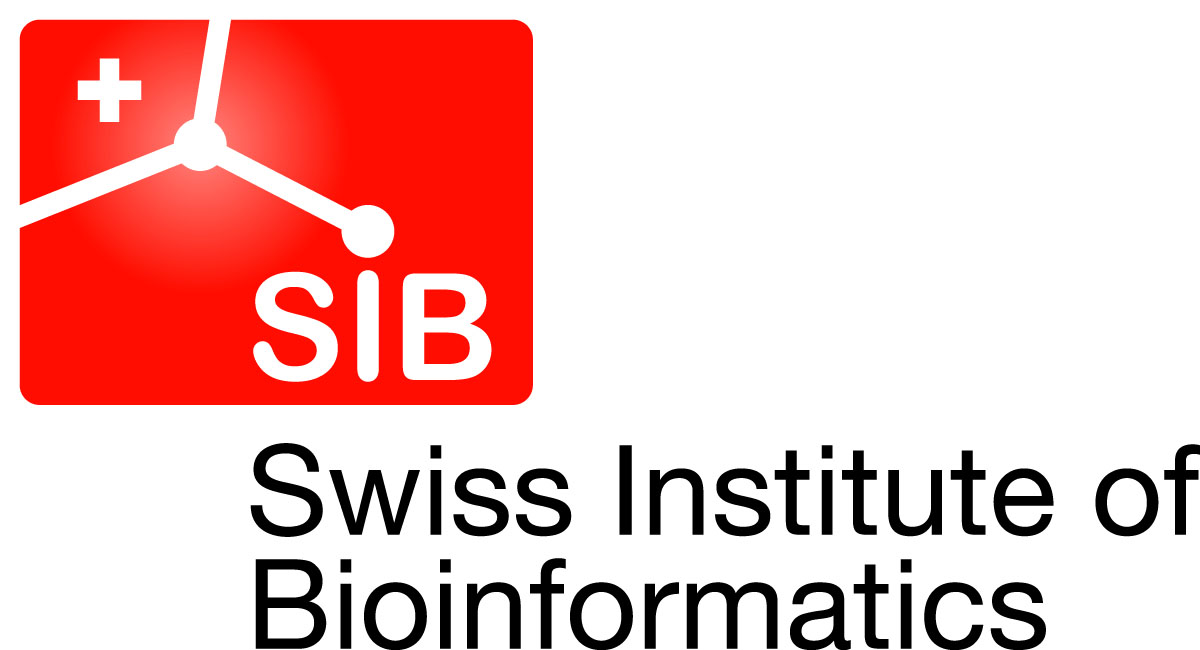 Single-Cell Transcriptomics with Python
Single-Cell Transcriptomics with Python
Date: 27 - 29 May 2024
Duration: P2DT5H
Overview
Single-cell RNA sequencing (scRNA-seq) can measure the gene expression of complex biological systems at the level of individual cells, enabling scientists to generate detailed tissue atlases describing the transcriptomic profiles of thousands or even millions of cells. While scRNA-seq has become a popular technique in diverse fields of biological research, the required expertise for handling such datasets has restricted its use among the larger scientific community. The aim of this 3-day course is to empower researchers to start applying the fundamental scRNA-seq analysis pipeline to their own data. We will outline how to design and interpret results of a scRNA-seq dataset and, in teams, explore the basics of preprocessing and analysis in Python on real data. We will discuss common concerns in the field, including preprocessing choices, dimensionality reduction, cell type clustering and identification, batch effect correction, and pseudotime methods. By the end of the course, participants will be able to run CellRanger, evaluate the quality of a scRNA-seq experiment, perform scanpy analysis on their own data, and confidently communicate about how to overcome potential bottlenecks. The course will be taught in Python.
Audience
This course is addressed to life scientists and bioinformaticians familiar with some next-generation sequencing approaches and plan to use scRNA-seq in their research projects, and who are interested in learning how to navigate and analyze such data.
Learning outcomes
At the end of the course, the participants are expected to:
* distinguish advantages and pitfalls of scRNA-seq
design their own scRNA-seq experiment
apply a downstream analysis using Python
interpret and overcome common technical challenges of single-cell analysis
Prerequisites
Knowledge
* Participants should already have a basic knowledge in Next Generation Sequencing (NGS) techniques, or have already followed the "NGS - Quality control, Alignment, Visualisation".
* Knowledge in RNA sequencing is mandatory.
* Basic knowledge of Python is required. Test your Python skills with the quiz here, before registering.
Technical
You are required to bring your own laptop. Data and tutorials used in the course will be provided ahead of the start date and will be executed using Jupyter notebooks and Anaconda.
Program
The Program will be communicated in due time.
Application
The registration fees for academics are 300 CHF and 1500 CHF for for-profit companies.
You will be informed by email of your registration confirmation. Upon reception of the confirmation email, participants will be asked to confirm attendance by paying the fees within 5 days.
Deadline for free-of-charge cancellation is set to 13/05/2024. Cancellation after this date will not be reimbursed. Please note that participation in SIB courses is subject to our general conditions.
Venue and Time
This course will take place at the University of Bern.
It will start at 9:15 CET and end around 17:15 CET every day.
Precise information will be provided to the participants in due time.
Additional information
Coordination: Valeria Di Cola, SIB Training Group.
We will recommend 0.75 ECTS credits for this course (given a passed exam at the end of the course).
You are welcome to register to the SIB courses mailing list to be informed of all future courses and workshops, as well as all important deadlines using the form here.
Please note that participation in SIB courses is subject to our general conditions.
SIB abides by the ELIXIR Code of Conduct. Participants of SIB courses are also required to abide by the same code.
For more information, please contact training@sib.swiss.
Keywords: genes and genomes, biochemistry, biomarkers, experimental biology, functional genomics, next generation sequencing, population genomics, single-cell biology, training, transcriptomics, rémy bruggmann group
City: Bern
Country: Switzerland
Organizer: SIB Swiss Institute of Bioinformatics
Event types:
- Workshops and courses
Activity log

 Switzerland
Switzerland
